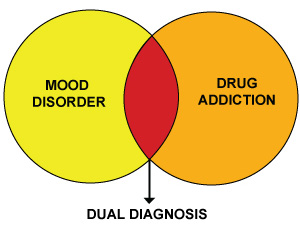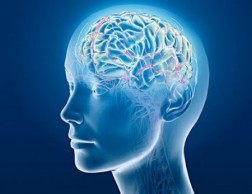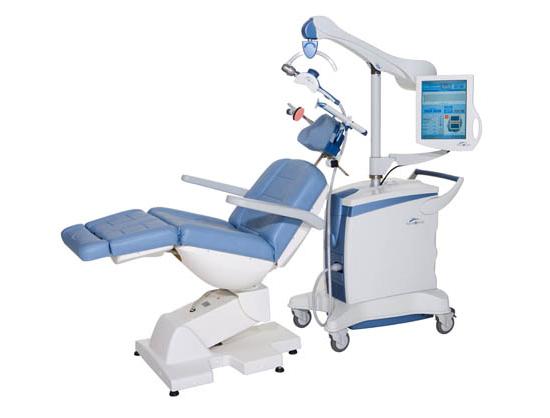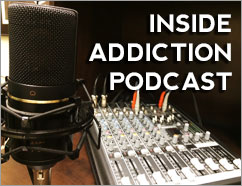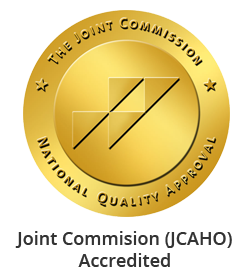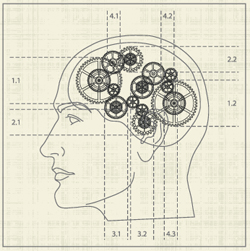 When it comes to dual diagnosis, there is a lack of credible information. The information on how many people suffer from the problem is hard to come by. However, according to a report published in the Journal of the American Medical Association (JAMA), it is estimated that around 53% of drug addicts and 37% of alcohol abusers have a serious mental illness. It has also been found that almost 29% of people who’ve been diagnosed with a mental illness, abuse alcohol and drugs. Taking into account these high numbers, it has become important for dual diagnosis treatment centers to provide effective treatment to all patients who’re diagnosed with this debilitating illness.
When it comes to dual diagnosis, there is a lack of credible information. The information on how many people suffer from the problem is hard to come by. However, according to a report published in the Journal of the American Medical Association (JAMA), it is estimated that around 53% of drug addicts and 37% of alcohol abusers have a serious mental illness. It has also been found that almost 29% of people who’ve been diagnosed with a mental illness, abuse alcohol and drugs. Taking into account these high numbers, it has become important for dual diagnosis treatment centers to provide effective treatment to all patients who’re diagnosed with this debilitating illness.
- What is Dual Diagnoses?
A person is said to have dual diagnosis (or co-occurring disorder) when he has both a mental illness and drug and/or alcohol problem. A person who abuses drug or alcohol may develop a mental illness. Or a person may have a mental illness first and then start using drugs and alcohol.
- What causes co-occurring disorders?
People with mental illnesses are more likely to abuse drugs in an attempt to feel better and calmer. A large percentage of people having mental disorders indulge in self-medication. This can cause a drug dependence in the long run. They are also more likely to abuse illicit drugs. It has also been found that people who abuse drugs are more likely to develop mental disorders such as depression and anxiety. A person who abuses drugs is at a far greater risk of developing a mental illness.
- What are the consequences of dual diagnosis?
It has been found that people having dual diagnosis respond poorly to treatment. Furthermore, there is a greater chance of relapse in such individuals. They are more likely to discontinue treatment without recovering fully. People with co-occurring disorders also have great difficulty in developing social relationships and are not able to adjust among their peer groups. They are also more likely to indulge in criminal activities and anti-social behavior.
- Treatment for dual diagnosis
A person with dual diagnosis needs specialized professional care. It is important that both the problems (drug/ alcohol addiction and mental illness) are addressed effectively. Unless specialized care is provided to the patient for both the problems, it becomes difficult for the patient to recover fully and the chances of relapse will be high.



